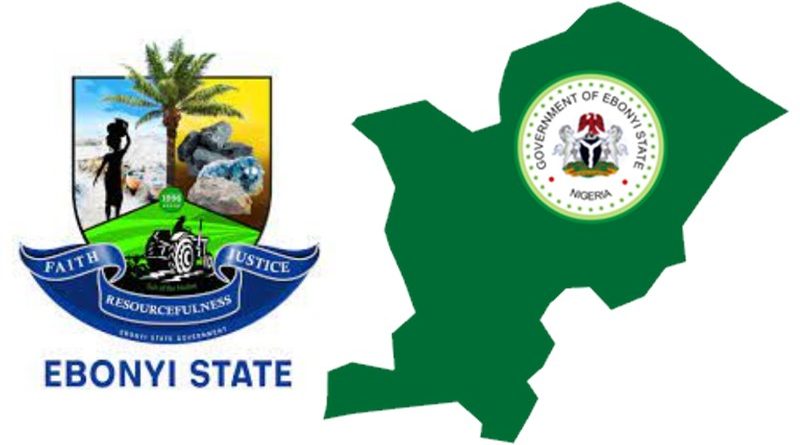Who Health Organization supports Ebonyi State to curb Cholera outbreak
A medical facility in Amaozanu Community, which is part of the Ishielu Local Government Area (LGA), in the state of Ebonyi, was open at noon. Mr. Onwe Godwin, a 56-year-old from Amuhu Village in Ishielu LGA, is lying on a bed in the cholera treatment unit (CTU) with a drip (intravenous fluid or IV) on his hand.
He had been in the hospital for three days, but he is unable to remember or identify the cause of his illness. I was passing watery stool for nearly 24 hours, but I did not know how I got to the hospital,” he adds when describing his ordeal. He is still weak and recovering from cholera, a bacterial infection that is fatal and causes severe watery diarrhea that, if left untreated, can cause dehydration and even death.
It was a bad experience, and I won’t wish for it to happen to me again. I first experienced stomach ache, which was followed by wet stools coming out of my mouth. I used the restroom more than ten times before suddenly becoming quite weak and waking up at the health center, the man claims.
Omogo Esther, age 46, of Abogodo Okposhi Ngbo village, Ohaukwu LGA, became unwell after seeing to her sick neighbor. Health professionals identified the neighbor who ultimately passed away from the illness as Ohaukwu village’s index case. She had fever, vomiting, and stooling, which are all signs of cholera, but she was completely unaware of what was wrong.
The fact that I never imagined I might soil myself as an adult made the event unpleasant. Three days after my neighbor passed away, I began to throw up and have diarrhea, and I became so weak that I just managed to wake up at the hospital, she said.
Now that they are both healing, they want to practice better hygiene, boil their water before drinking it, and educate their communities about cholera prevention strategies.
Swift action in disease prevention
In Nigeria, where there are yearly instances of cholera, the disease is endemic and more prevalent in regions with poor water quality, sanitation, and hygiene (WASH). Nigeria recorded 23,550 cases in 32 states and the Federal Capital Territory between January and November 2022. Three LGAs in Ebonyi State—Ishielu, Ohaukwu, and Afikpo North—reported 143 suspected cases of cholera with 8 fatalities lately.
The State Government, working with the World Health Organization (WHO) and other partners, launched an emergency operation center right once to stop the disease’s spread and guarantee the health and safety of citizens in all Ebonyi communities.
Rapid Response Teams (RRT) were dispatched with assistance from WHO to the affected communities as soon as the state epidemiologist learned of the epidemic. In order to keep morbidity and mortality to a minimal, this was done, according to Dr. Daniel Umezurike, the Ebonyi Commissioner for Health.
The commissioner commended WHO for being a trusted partner and providing the state with technical advice to ensure the provision of high-quality health services.
This is clear from the health professionals’ recently completed surveillance training, which was essential to the early identification and reporting of the current outbreak. They have played a crucial role in organizing other partners and intervention efforts across the State and in the local communities, the author claims.
The WHO team also mobilized other partners in the State and offered technical assistance in the creation and implementation of the cholera preparedness and response strategy. In order to address the issue of water scarcity and open defecation in the region, he continued, the government would build toilets and supply boreholes for the LGAs.
Effective Intervention
According to a situational analysis, the outbreak was connected to poor WASH (water, sanitation, and hygiene), importation, and a history of low cholera immunization rates in the region.
Dr. Vivian Chinelo Ibeziako, WHO State Coordinator for Ebonyi State, praised the government for its response and stated that the state saw a drop in cases as a result of the early intervention.
The Nigeria Centre for Disease Control (NCDC) and WHO worked together to deliver medical supplies (quick diagnostic testing kits) and other sample collection and transportation kits to be used from LGAs to the State Public Health Laboratory in order to stop the spread of the cholera outbreak.
Additionally, WHO deployed 134 trained surveillance focal points across the State for client education, early identification, and reporting. They also assisted the state in running community programs for prevention-focused community awareness. As of right now, cases are on the decline, and 135 people have been successfully treated and released from treatment facilities, she added.




